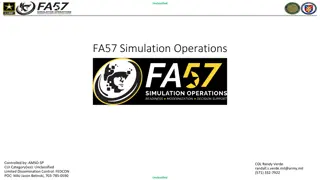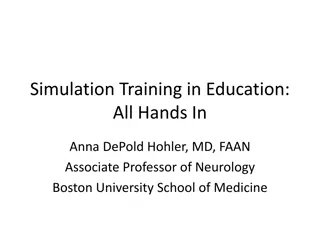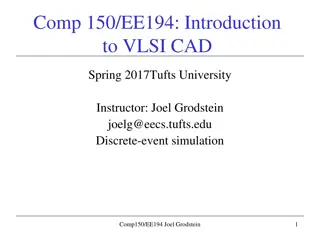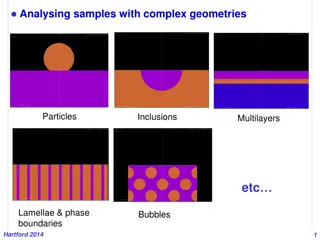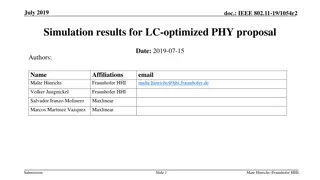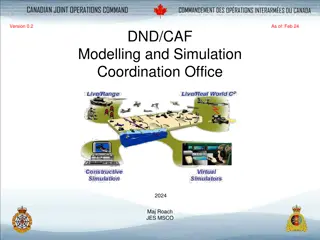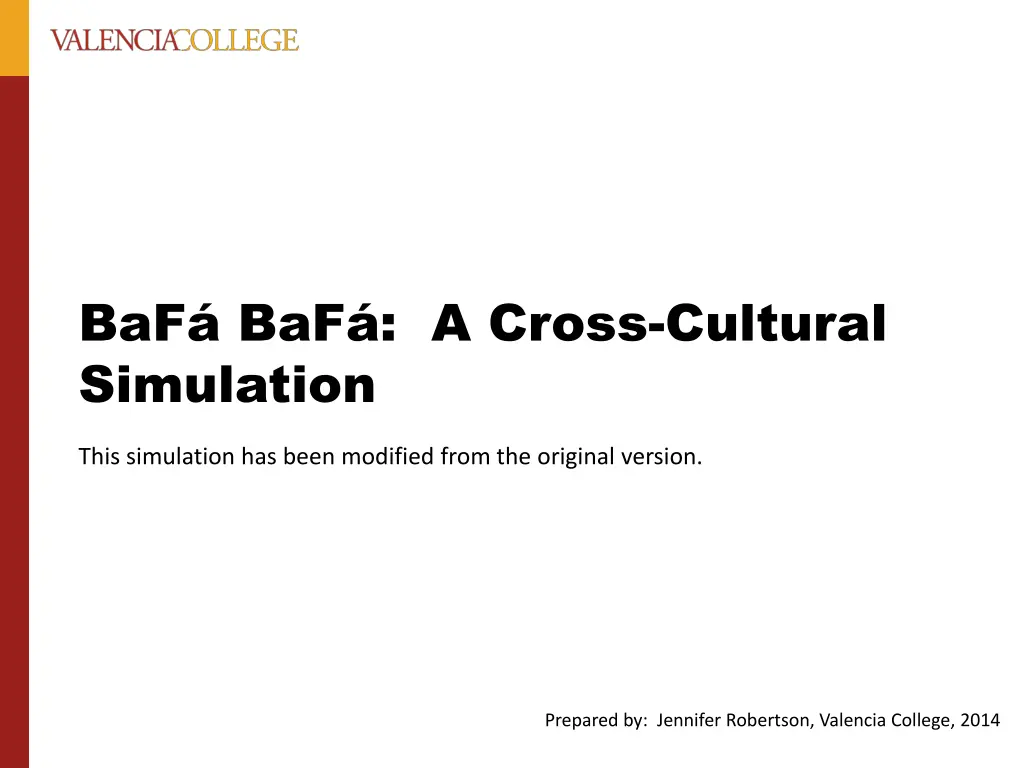
Cross-Cultural Simulation Instructions
Engage in a cross-cultural simulation where participants embody Alphans and Betans to understand different perspectives, values, and customs. Through observation, role-playing, and interaction, explore the impact of culture on perceptions and communication strategies. Debrief experiences to gain insights into cultural differences and effective communication methods.
Download Presentation

Please find below an Image/Link to download the presentation.
The content on the website is provided AS IS for your information and personal use only. It may not be sold, licensed, or shared on other websites without obtaining consent from the author. If you encounter any issues during the download, it is possible that the publisher has removed the file from their server.
You are allowed to download the files provided on this website for personal or commercial use, subject to the condition that they are used lawfully. All files are the property of their respective owners.
The content on the website is provided AS IS for your information and personal use only. It may not be sold, licensed, or shared on other websites without obtaining consent from the author.
E N D
Presentation Transcript
BaF BaF: A Cross-Cultural Simulation This simulation has been modified from the original version. Prepared by: Jennifer Robertson, Valencia College, 2014
Learning Outcomes Interact with another culture. Understand the feelings that one would likely have when meeting someone from a different culture. Experience the impact that culture has on the way people perceive and treat others. Share ideas about how to effectively communicate with someone from another culture.
Simulation Instructions 1. Participants will break out into two cultures: Alphans and Betans. 2. Groups go into different rooms to receive instructions and learn the values, expectations, and customs of their new culture. 3. Each culture sends an observer to go to the other culture s room. During the observer period, groups will role play the values, expectations, and customs of their new culture. 4. Observers will return to their room and report back to their group on what they saw to get them ready for the cross-cultural experience. 5. Both groups will come together to interact based on the values, expectations, and customs of their culture. 6. We will end the simulation and debrief the experience.
Alphan Debriefing How did you feel when you were preparing to take on the role of a new culture? How did the Beta culture appear to you from your cultural perspective? Describe the Betans with adjectives. Explain the rules of the Beta culture. How did it feel to interact with the Beta culture ? What strategies did you use to adapt to their culture? Did the other culture react the way you expected them to? Why or why not?
Betan Debriefing How did you feel when you were preparing to take on the role of a new culture? How did the Alpha culture appear to you from your cultural perspective? Describe the Alphans with adjectives. Explain the rules of the Alpha culture. How did it feel to interact with the Alpha culture ? What strategies did you use to adapt to their culture? Did the other culture react the way you expected them to? Why or why not?
Us vs. Them What seems logical, sensible, important and reasonable to a person in one culture may seem irrational, stupid, and unimportant to an outsider. We tend to look for customs, beliefs, and practices to support our assumptions. It s important to check out assumptions, otherwise you may draw false conclusions and end up hurting the relationship. Use reliable sources.
Well, thats not how they do it in MY culture. So how can you effectively communicate with someone from another culture? STUDY OBSERVE LISTEN LEARN THE LANGUAGE INTERACT ASK QUESTIONS ASK FOR CLARIFICATION BE OPEN-MINDED BE PATIENT DON T JUDGE!
Culture is neither RIGHT nor WRONG. It is just DIFFERENT.


